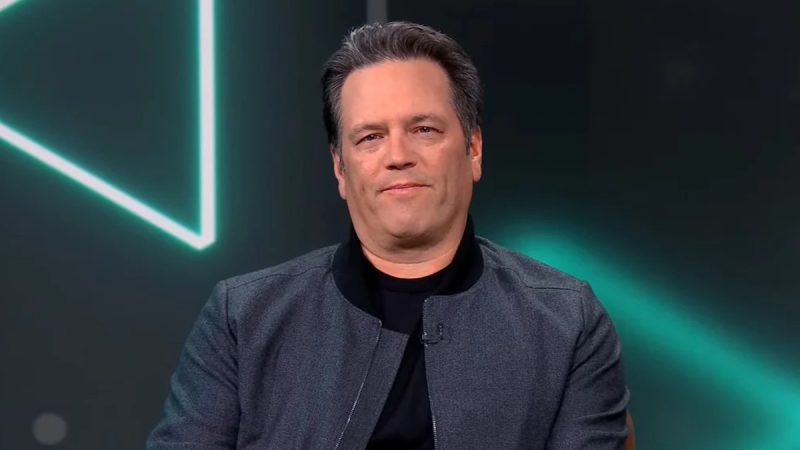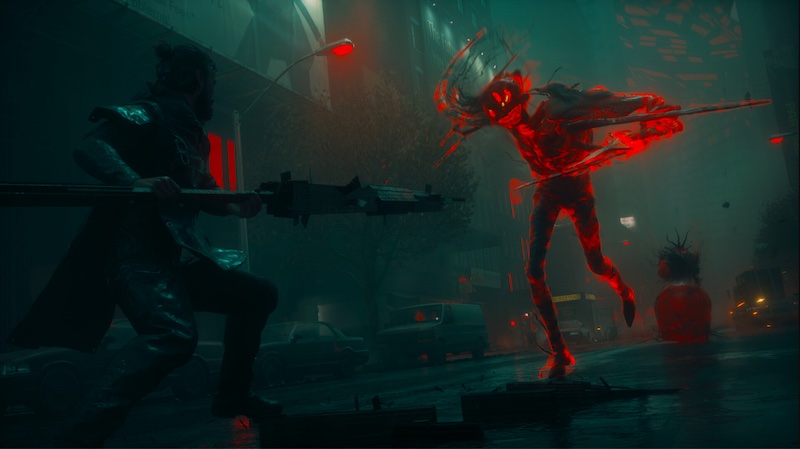Microsoft Announces Generative AI Model “Muse,” Claims It Can Help With Games Preservation

Microsoft announced a new generative AI model today, and made a number of claims about its capabilities. The new model is called Muse, which was created by Microsoft and Ninja Theory, the Xbox Game Studios team behind the Hellblade games.
In an Xbox Wire blog post, corporate vice president of gaming AI at Microsoft, Fatima Kardar, called Muse “groundbreaking” for the models “detailed understanding of the 3D game world, including game physics and how the game reacts to players’ controller actions.”
Kardar continued to say that Muse is already being used “to develop a real-time playable AI model trained on other first-party games,” and then went on to talk about how Muse can make an impact, not just on new games being made, but on preserving old ones.
“We are exploring the potential for Muse to take older back catalog games from our studios and optimize them for any device. We believe this could radically change how we preserve and experience classic games in the future and make them accessible to more players.”
In a video all about Muse, chief executive officer of Microsoft Gaming, Phil Spencer, went a step further with claims about how Muse could be helpful, in preserving old games.
“I’ll tell you one of the things that I get excited about,” he began. “You know, one of the things we care a lot about at Xbox is game preservation. And I think about an opportunity to have models learn about older games, games that were maybe tied to unique pieces of hardware, where that engine, on that hardware is, kind of, time will erode the amount of hardware that’s out there that can actually play a game.
But you could imagine a world where, from gameplay data, and video, that a model could learn old games, and really make them portable to any platform, where these models could run. I think that’s really exciting. We’ve talked about game preservation as an activity for us, and these models and their ability to learn completely how a game plays, without the necessity of the original engine running on the original hardware, I think opens up a ton of opportunity.”
Like pretty much everything related to generative AI, Spencer and Kardar’s words amount to a lot of claims about what this new Muse model might be able to do, on some distant day in the future.
It’s vague language that is ultimately more for shareholders and investors who’ve all decided that generative AI is the thing they’re going to spend their money on, while it remains in fashion to do so. At time of writing in 2025, trillions have been poured into developing AI models by various companies, Microsoft included.
A claim that’s much less vague, however, and not just a claim, but a fact, frankly, is that it would not cost trillions to actually push game preservation forward, by working with a foundation like the Video Game History Foundation.
If Spencer and co. were to work with VGHF, granting them access to whatever they needed, to further their cataloging, categorizing and actual preservation efforts, than Spencer could be excited about the fact that he would have aided in the biggest effort to preserve games, in the history of the industry.
Source – [Xbox]




